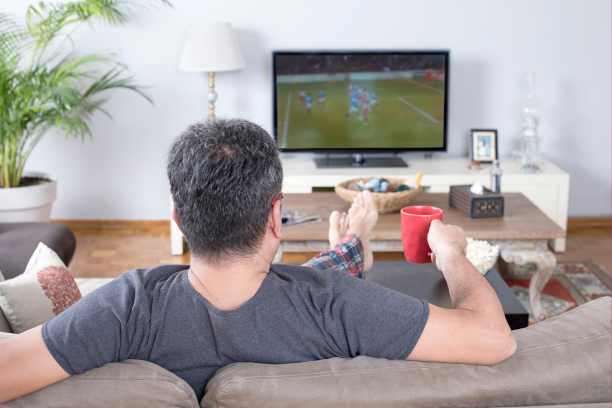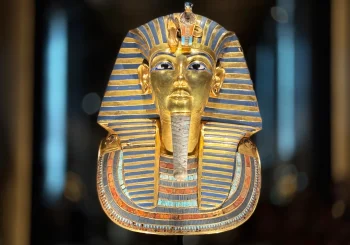In the echoing halls of social media, a phenomenon has taken root; the rise of the “Armchair Olympians,” individuals who, armed with little more than a smartphone and a burning desire to voice their opinions, have inserted themselves into the realm of elite athletic competition.
As the world’s most talented sportsmen and women take center stage, these self-appointed experts, who have no firsthand experience in the sports, often volunteer unhelpful commentary that frustrates and disillusions athletes.
One such example is Raygun, the Australian breakdancer who competed at this year’s Olympics. Gunn’s time on the Olympic stage was short-lived, as she was eliminated during the round-robin stage, losing one-on-one battles to competitors from the US, France, and Lithuania.
Yet, as clips of her performance spread online, Raygun became an instant meme, with armchair critics mocking her kangaroo-like dance moves despite never having experienced the pressure and skill required to perform at that level.

Similarly, in Egypt, many people took to social media to criticize and ridicule Nada Hafez, the Egyptian fencer who competed at the Olympics while seven months pregnant.
Rather than appreciating the incredible dedication and fortitude it took for Hafez to represent her country on the world stage under such circumstances, armchair Olympians callously mocked her decision, demonstrating a profound lack of understanding for the journey each athlete undertakes.

expertise lies in the hours they have spent watching events unfold from the comfort of their living rooms. They simply pass judgment on the performances of those who have dedicated their lives to the pursuit of athletic excellence.
With the presence of social media platforms, these “Armchair Olympians” have found a receptive audience, their voices amplified and their opinions elevated to the same level as those who have endured the countless hours of relentless training and the pressure of representing their countries on the world’s most prestigious stage.
Yet, one cannot forget about the fundamental right to freedom of expression, for it is a cornerstone of a healthy democracy.
The ability to voice one’s opinions, to engage in spirited discourse, and to challenge established norms is an integral part of the human experience. In the realm of sports, where passions run high and emotions often transcend the boundaries of logic, it is only natural that viewers would feel compelled to share their thoughts, and to offer their analysis.
The challenge, however, lies in striking a balance between the freedom of expression and the need for informed perspectives.
For while the “Armchair Olympians” may be entitled to their opinions, the weight and credibility of those opinions should be measured against the depth of their understanding and the breadth of their knowledge.
After all, the athletes in the Olympics stage have earned their place through years of rigorous training, countless sacrifices, and the mastery of their craft – a level of commitment and expertise that the average social media commentator can scarcely comprehend.
Their opinions, often fueled by personal biases, limited understanding, and a desire for attention, have the potential to undermine the achievements of the athletes, to sow seeds of doubt, and to detract from the true spirit of the Olympic Games.
Yet, it would be foolish to ignore the role that social media has played in this phenomenon.
The strength of platforms like Instagram, and Facebook has transformed the way we consume and engage with sports, democratizing discourse and giving a voice to the masses.
But with this democratization has come an “irresponsible expertise,” a blurring of the lines between informed commentary and uninformed opinion, and voices that can drown out the true narratives of the games.
As we grapple with the rise of the “Armchair Olympians,” there needs to be a balance, to recognize the value of informed and nuanced perspectives, and to elevate the voices of those who have truly earned the right to be heard.
For the athletes who participate in the Olympics, they are not just competitors: they are ambassadors, role models, and inspirations, their stories woven into the very fabric of the human experience.
It is our duty, as engaged and thoughtful observers, to ensure that their narratives are not drowned out by the well-intentioned but ill-informed expertise of those who have never known the thrill of victory or the agony of defeat.
The opinions and ideas expressed in this article are the author’s and do not necessarily reflect the views of Egyptian Streets’ editorial team.
To submit an opinion article, please email [email protected].







Comment (1)
Yes, i agree with you